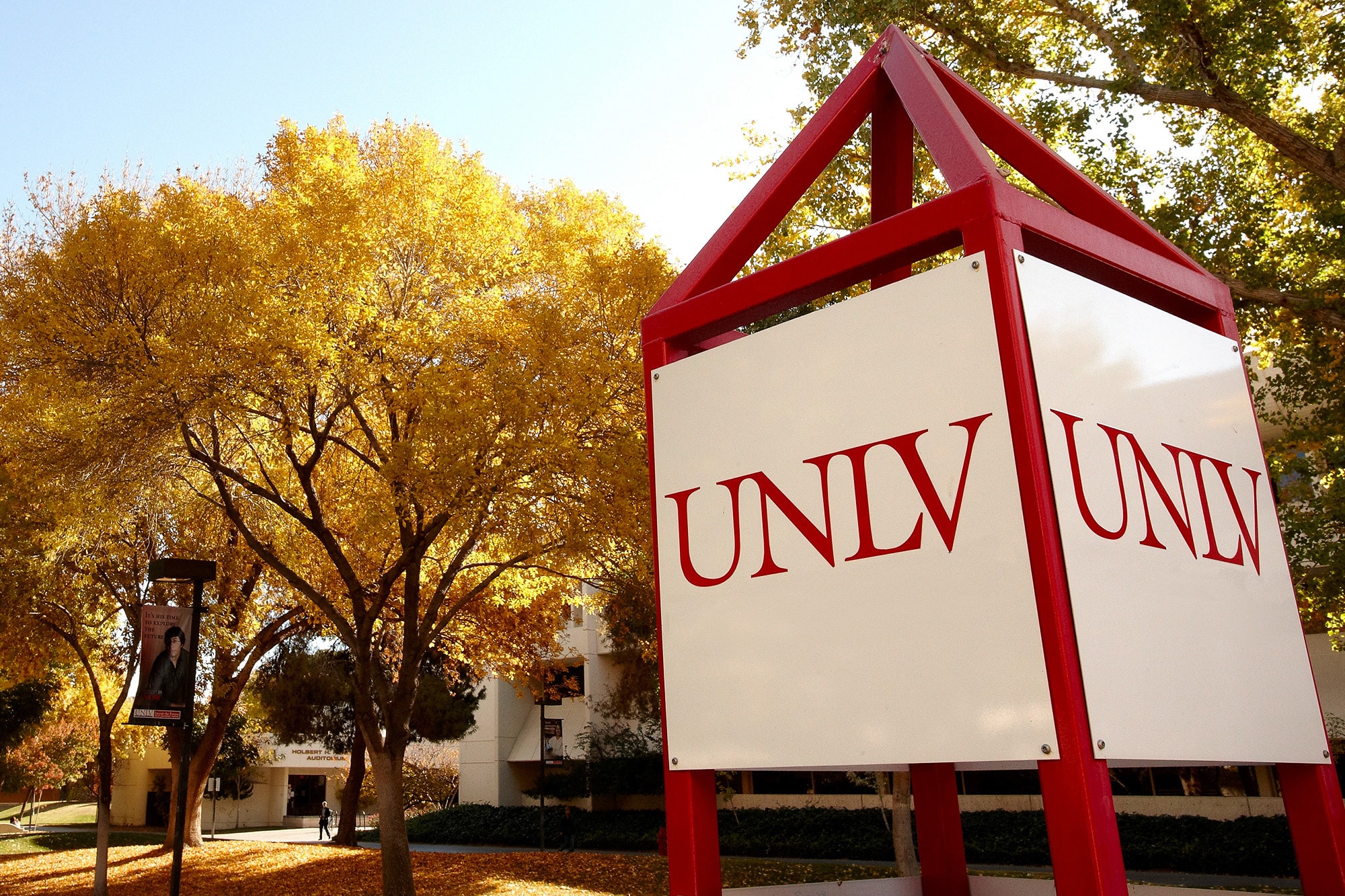The advent of the institutional repository – an online locus for collecting, preserving, and disseminating the intellectual output of an academic institution – has changed the research landscape in remarkable ways, according to Patricia Iannuzzi, dean of the University Libraries.
She notes that UNLV’s institutional repository (IR), called “Digital Scholarship@UNLV,” provides a global showcase of the research and scholarly endeavors of the university’s students and scholars.
“As UNLV’s research productivity accelerates and access to alternative forms of intellectual content is in greater demand, preservation and visibility of scholarship become increasingly meaningful to scholars,” Iannuzzi says. “Digital Scholarship@UNLV is an innovative solution to highlight scholarship both individually and collectively, to connect researchers, and ultimately to expand the reach of UNLV’s scholarly communication.”
Through this tool, which is hosted and managed by the University Libraries, UNLV’s scholarly output is archived in a centralized location in perpetuity and made more visible through search optimization.
Many scholarly works already exist within Digital Scholarship@UNLV, from peer-reviewed research studies to conference presentations, white papers, and student research projects. Several of these types of scholarly communication were difficult to obtain online before institutional repositories were introduced.
Through the IR, scholarly communication is literally more accessible; users are able to locate peer-reviewed, freely available materials to build upon others’ work and to complement their own scholarship. Graduate and undergraduate research findings are being downloaded more frequently, greatly facilitating scholarship. Journal editors may elect to migrate entire journals to the host platform, which automates the peer review process, saving time and resources.
In addition to connecting researchers and enhancing scholarly communication, Digital Scholarship@ UNLV may be used as a recruitment tool. By searching the IR, prospective UNLV faculty and students are able to review intellectual output in areas of interest and gain perspective on academic rigor. The IR also provides evidence of the breadth and depth of UNLV’s scholarly output for administrative purposes such as accreditation.
UNLV students who have deposited electronic theses and dissertations, capstone projects, professional papers, articles, and/or posters can also email research links to prospective and current employers or to graduate admissions offices to highlight their work.
Faculty and students have already embraced showcasing their intellectual content in Digital Scholarship@UNLV, Iannuzzi says. Subject areas span engineering, sociology, English, life sciences, chemistry, environmental/public affairs, nursing, sustainability, and specialized research at the Harry Reid Center for Environmental Studies, Brookings Mountain West, and the Black Mountain Institute.
In the last year, Digital Scholarship@UNLV received more than 64,000 visits from 170 countries and more than 365,000 downloads. As of June 2012, there were nearly 4,700 items deposited in the IR.
“The institutional repository is a wonderful asset to the research community,” says Stan Smith, associate vice president for research. “Not only is it useful to our faculty, staff, and students, but it also expands the reach of UNLV research to a much broader audience.”
For more information on Digital Scholarship@UNLV, contact Marianne Buehler, the Libraries’ IR administrator, at marianne. buehler@unlv.edu.



